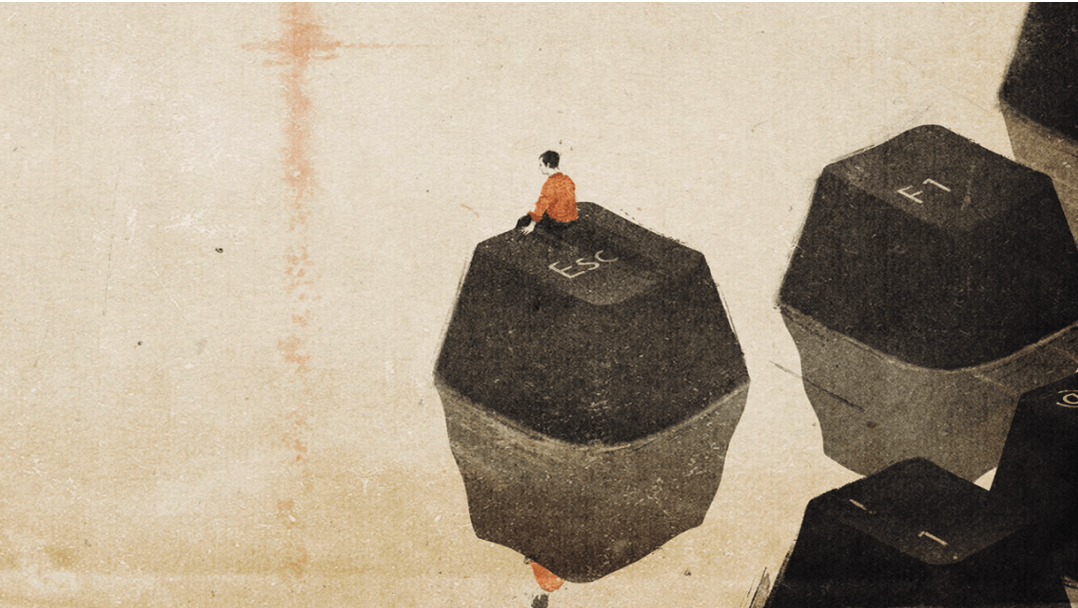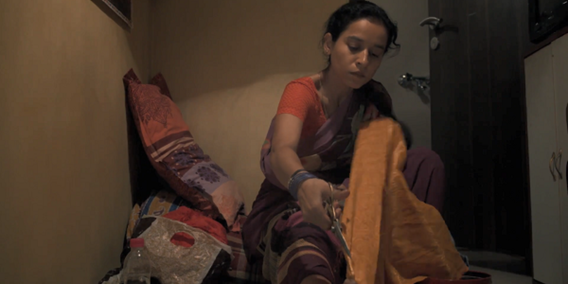CALL IT NOSTALGIA, CALL IT GRIEF
The last two years have left us wondering what is in store for us after all. Whether that’s marrying your partner, making plans to study abroad, meeting your grandchild, or just being excited about a trip – we want to push and do a lot of things this year but we can’t help but feel stuck and stagnant through it all.
Mari Andrew on Instagram, asked a very important question:
My realisation from that post was this: we are grieving experiences we could have had. We feel the immense loss of the hugs we could have given our loved ones, or the food we could have had in these months (or years) of lockdown. At the same time, we are also reliving the past in our mind. The days without the suffocating masks, the busy streets, stuffy public transport and even the fishy smell of sea and wind. We miss it and what we would do to go back!
“…in times of trauma and overwhelming stress, it’s a natural instinct to feel nostalgic and rely on those feelings for comfort and a sense of normalcy. Trauma takes away our gray areas. It divides our timeline into a before and an after, And while it has the danger of creating this longing for the before, when things were maybe safer, and when we were unaware of all of this and protected by our naïveté, there’s also something about nostalgic behaviors — fashion, clothes, movies, music — that serve as a transitional object. It increases your ability to self-soothe during a stressful time.”
Valentina Stoycheva, a clinical psychologist specializing in traumatic stress Author of “The Unconscious: Theory, Research, and Clinical Implications
So nostalgia helps, those memories help. Reminiscing about the past days that feel less stressful today is a transition object that helps us navigate from one part of life (pre-COVID times) to the next (COVID times). It also allows us to be connected to ourselves, it showcases a sense of identity and more than anything else: it keeps us hopeful for the future.
In these times, it might also be important to acknowledge how you are feeling when you do feel nostalgia. It’s a bittersweet emotion that comes from a sense of longing. It’s more than just remembering the past, it’s about wanting and maybe even yearning to feel those feelings again. And with what research suggests, it might come more often to us after intense stress and trauma.
Yes, there are bigger losses in this world, people are losing jobs and their loved ones, yes, this seems almost too trivial to grieve – but it’s okay to acknowledge it nonetheless. Nostalgia itself might be the tip of the iceberg, it might be surrounded by other feelings – like anger, sadness, guilt, shame, frustration, jealousy. These feelings might come and go. Like grief, these feelings can be confusing and consuming. Because, of today, we are all grieving experiences we have had and the ones we could have.
If you are grieving experiences, do what you can that will help you deal with this loss. Look at photo albums, or talk to friends you share experiences with, look at the other trinket you’ve collected in the past, whether that’s sea shells at a beach or old mementos you have saved up, it’s okay. We might all be dealing with this loss in different ways.
If you find yourself going back to the life you had before the Pandemic, remember that it’s okay. It’s not unproductive to think of the past – it’s helping you cope with your present and hold out till better times arrive. At the same time, if you do feel like you are going back to maladaptive habits you had dealt with before, breaking healthy boundaries you had made, or going back to people or situations that weren’t safe for you – do seek help. On the same lines,, if you feel like the emotions you are feeling are overwhelming and are hard to cope with alone, talk about in a space you deem to be safe or look for a professional who can help you cope with this better.
Remember that we are all facing struggles at different levels in theses time and it’s okay to not be okay. Especially now – when collective stress, trauma and nostalgia feel like the elephant in the room – have the conversation, talk about how you’re feeling!
Meet The Author








